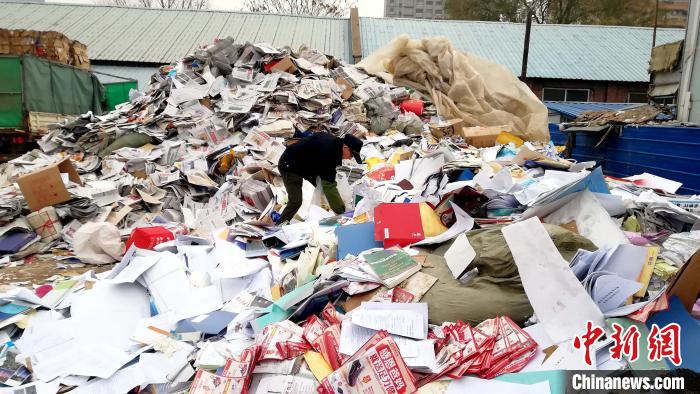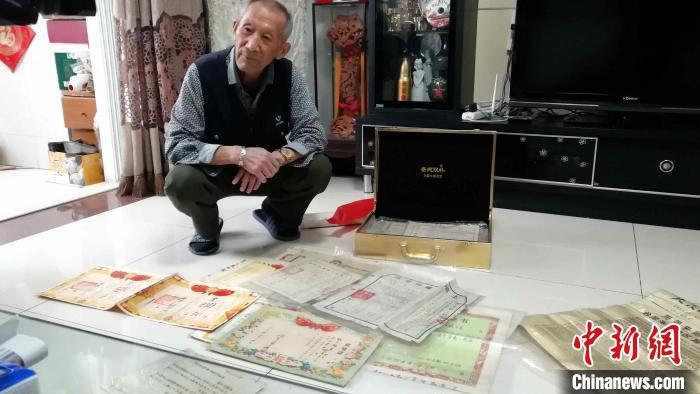(Xinhua)10:43, December 08, 2020
SHANGHAI, Dec. 7 (Xinhua) — The Shanghai Municipality has strengthened port, airport, and cold-chain transport control to fight against COVID-19, authorities said on Monday.
Apart from a series of documents issued for the prevention and control of the epidemic, the citys commission of transport released a guideline on Nov. 26 to prevent infections caused by personnel as well as goods at the Shanghai Port, Liu Bin, deputy director of the commission, said at a press conference.
During port operations, crew members should be under special management for epidemic control. Port workers should regularly undergo nucleic acid testing, disinfect the working environment and receive closed-off management, Liu said.
An airport regulation for COVID-19 control was also released, which requires full coverage of prevention and control measures in both cargo and passenger transport sectors.
Liu said cargo terminals would have qualified third-party companies for disinfection, subject to related procedures.
The control of cold-chain transportation also improved, said Liu.
According to Liu, the city has a total of 2,184 companies engaged in cold-chain transport.
Sun Xiaodong, deputy director of the Shanghai Center for Disease Control and Prevention, said among the six locally-transmitted COVID-19 cases diagnosed between Nov. 20 and 23, four worked at two logistics companies at the Shanghai Pudong International Airport, and the other two were the wives of two of them.
Epidemiological surveys showed two of the workers had been exposed to the cabin environment or the crew members of cargo flights from overseas, and the others were all their close contacts.
According to the press conference, a residential community in Zhuqiao Township of Pudong New Area, where no new COVID-19 cases have been reported for 14 days, will be adjusted as a low-risk area on Tuesday. It will bring the number of medium-risk areas of the city to zero.
![]()



